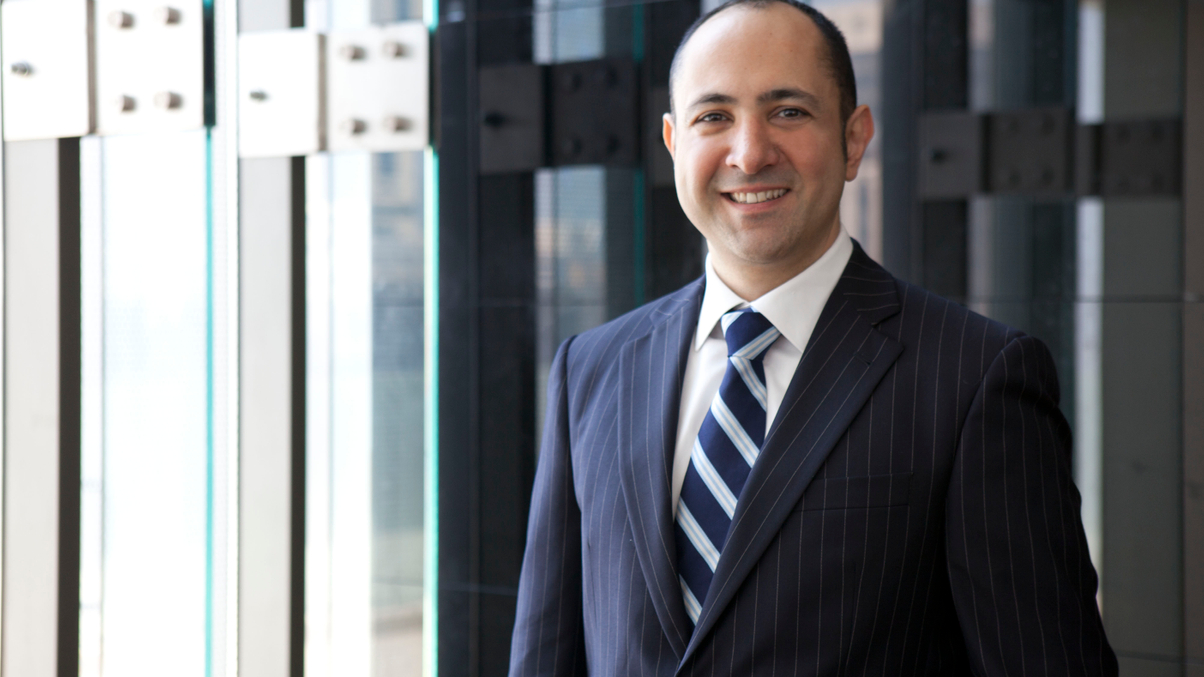Amwal may look to east Asia in future
The Qatari fund manager would consider a partnership with an Asian firm, but first wants to boost its local equity penetration – a tough ask in the Middle East.

One would expect Middle Eastern asset managers to have it made. The Gulf Cooperation Council region is home some of the biggest pools of institutional capital in the world, combined with high and fast-rising per-capita incomes.
Sign in to read on!
Registered users get 2 free articles in 30 days.
Subscribers have full unlimited access to AsianInvestor
Not signed up? New users get 2 free articles per month, plus a 7-day unlimited free trial.
¬ Haymarket Media Limited. All rights reserved.


